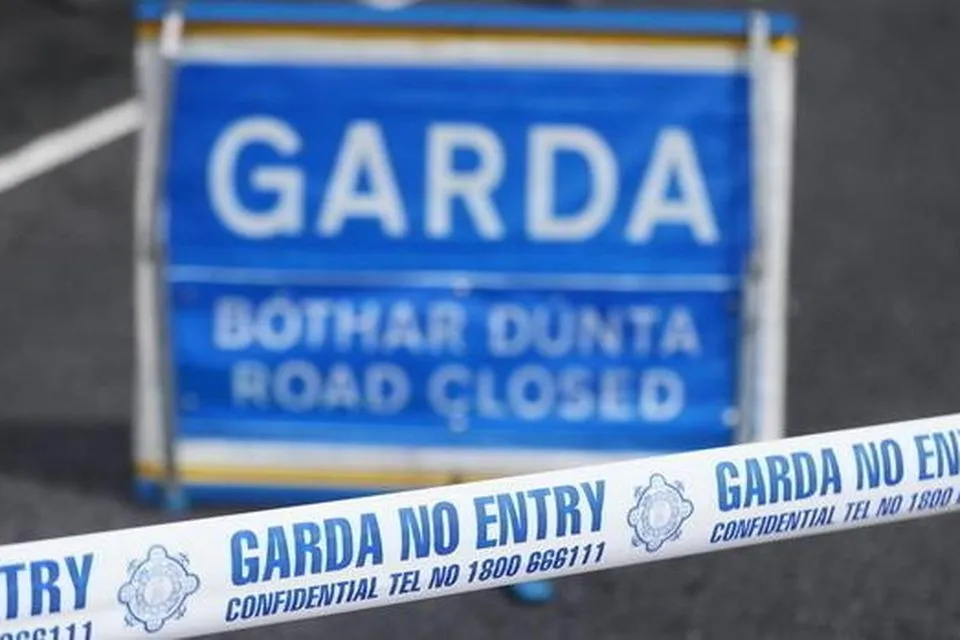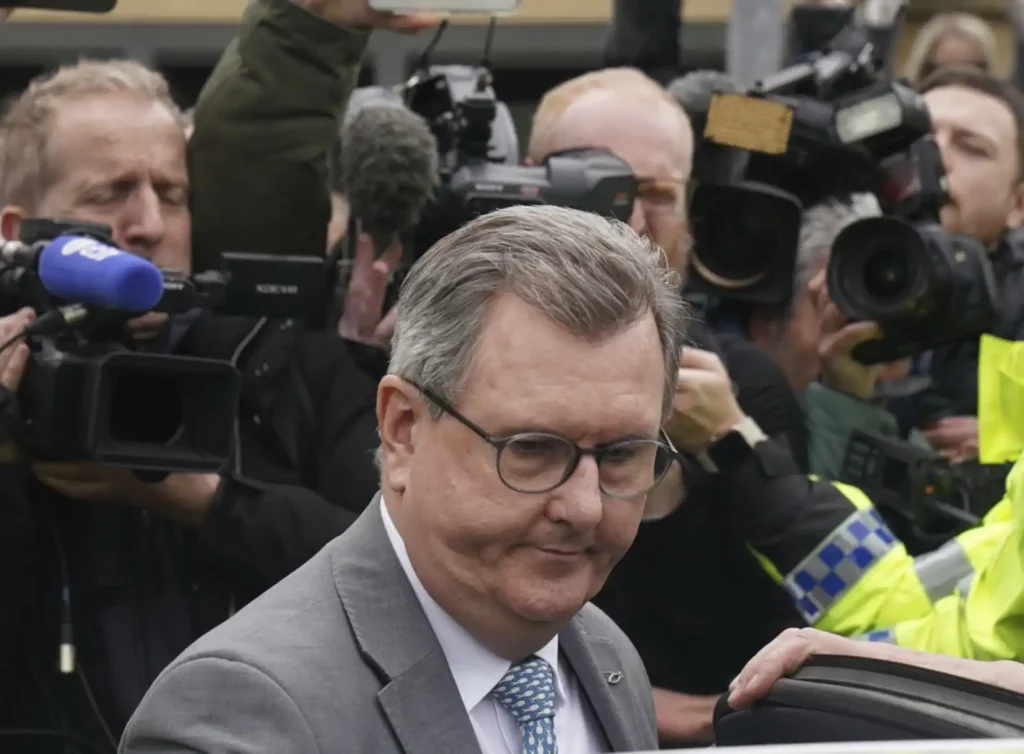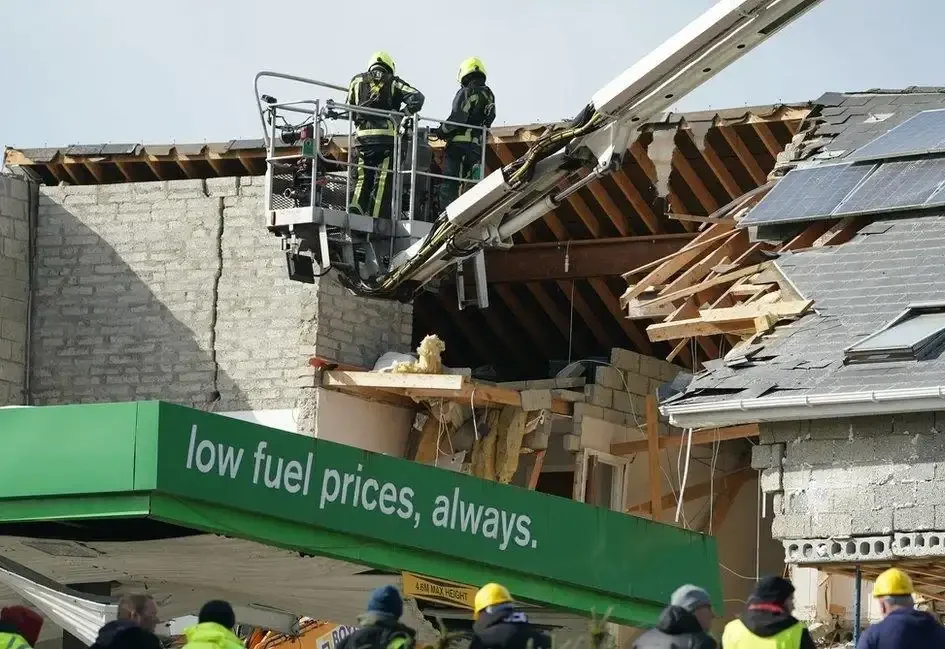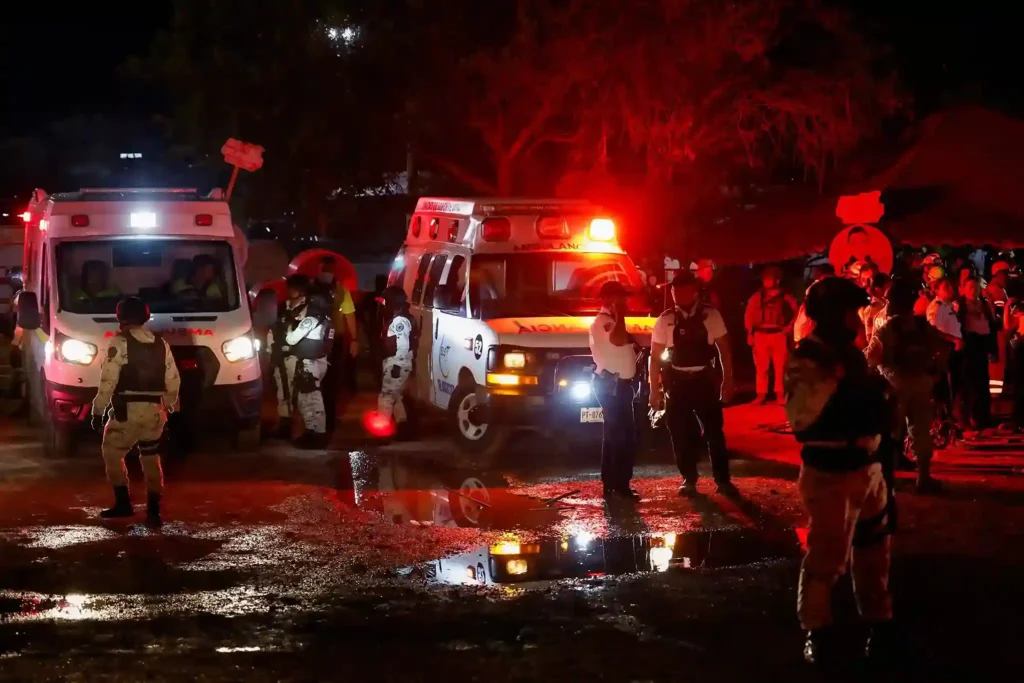Dublin Congestion Crisis – €2B Economic Loss Without MetroLink
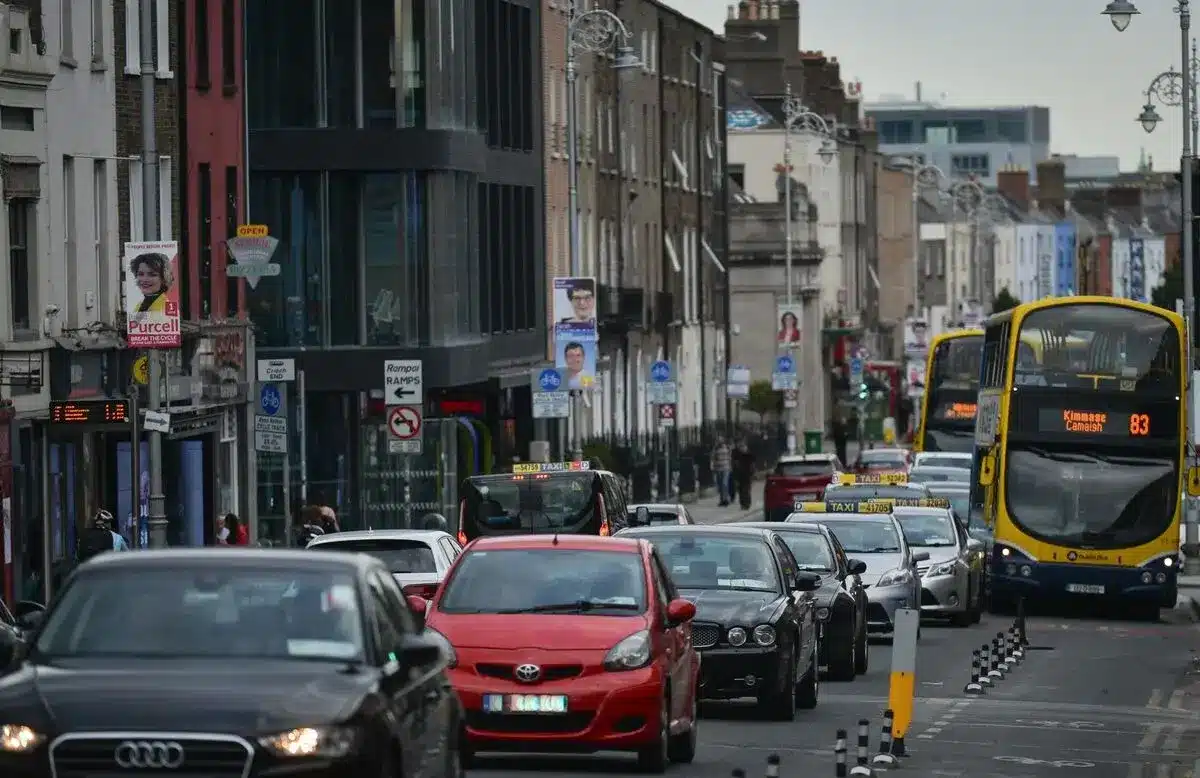
Dublin’s traffic woes are about to become a full-blown crisis, with experts warning thatDublin Congestion Crisis could cost the economy a whopping €2 billion annually if a new underground rail line, MetroLink, isn’t built.
(Also read Ireland Women’s Six Nations 2024 Squad Revealed.)
The project has been in the works for more than 20 years and will link Swords, which is located north of the capital, with Dublin city centre. But with a hefty price tag of €9.5 billion and concerns about construction disruption, the project faces significant hurdles.
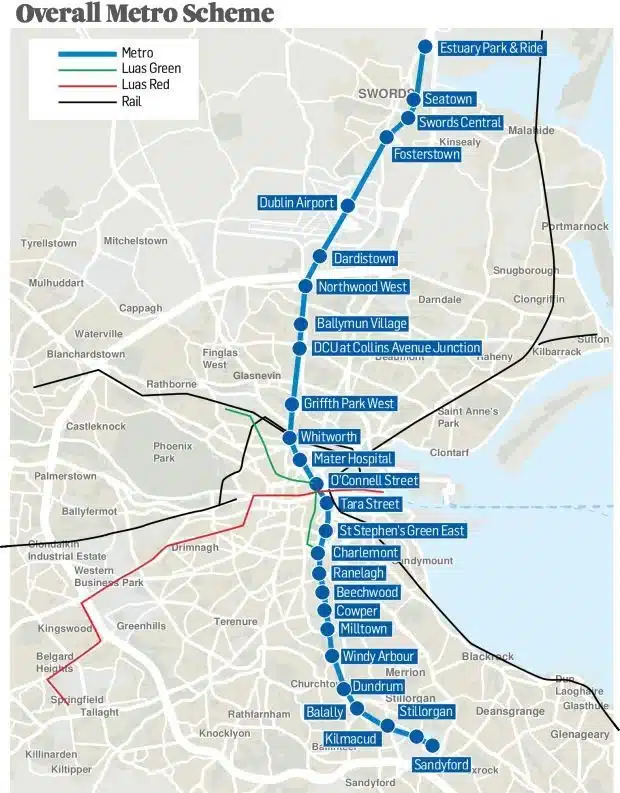
Currently, a 20km journey between Swords and Dublin can take up to 55 minutes during peak hours. MetroLink promises to cut that time to just 25 minutes, offering much-needed relief for commuters who spend an average of 213 hours stuck in traffic each year.
Navigating the Dublin Congestion Crisis – MetroLink’s Vital Role
The lack of action could have severe economic consequences. Transport Infrastructure Ireland (TII) estimates that congestion could cost the Irish economy €2 billion annually by 2033, a number that’s expected to rise as the population grows.
While acknowledging the disruption construction would inevitably cause, MetroLink project director Aidan Foley assures residents that measures are in place to minimise the impact. A tunnel will be built at an appropriate depth to avoid damaging buildings, and a compensation scheme will offer up to €45,000 for any potential damage.
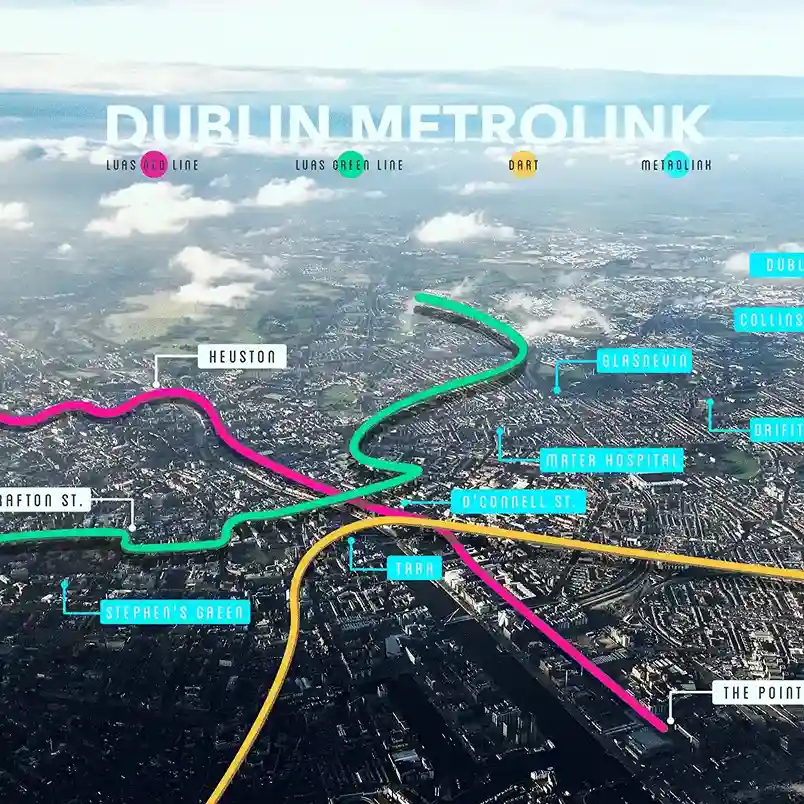
The benefits of MetroLink extend far beyond easing traffic jams. It would serve as a modern transport system befitting a European capital, connecting key areas like Dublin Airport and central residential districts. Along the route, the project would increase economic activity and provide jobs.
The project is currently undergoing an oral hearing, with submissions from residents, politicians, and various organisations. An announcement is anticipated in early 2025 or later this year. While the path ahead is challenging, the potential benefits of MetroLink are undeniable. Dublin has a choice to either embrace the future with a modern transport solution or risk getting stuck in the past with a hefty price tag.
The next few weeks will be crucial in deciding whether Dublin decides to go forward or stay stuck in its current state.
LATEST NEWS
DISCOVER MORE

